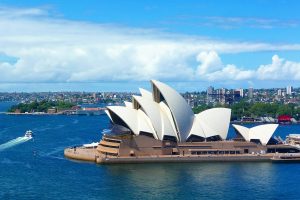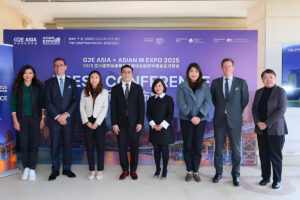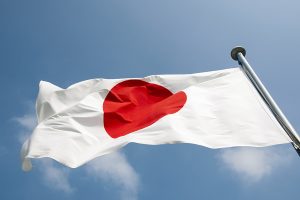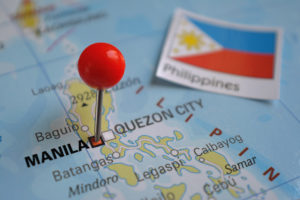Crown lied to Victorian gaming regulator, inquiry hears
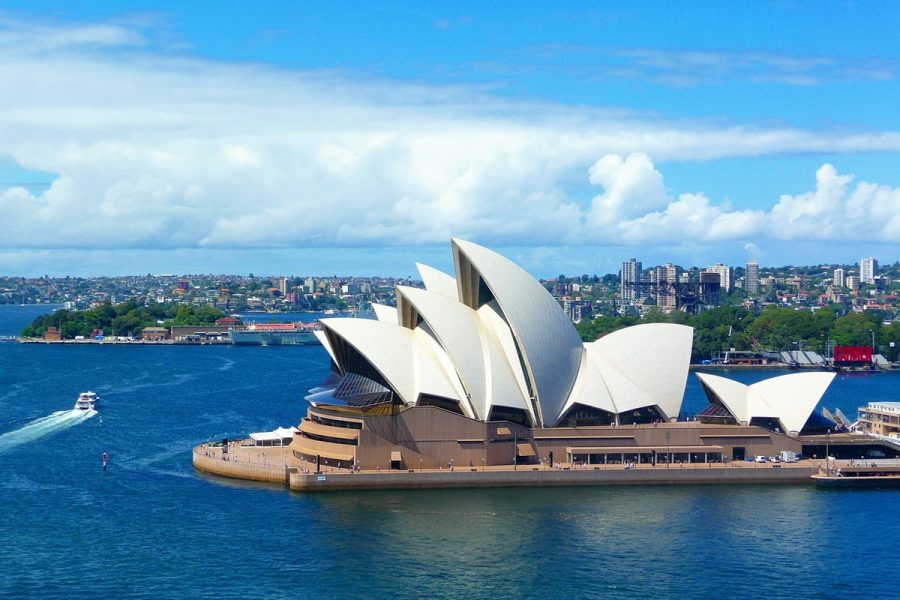
Timothy Bryant, a compliance officer at the Victorian Commission for Gambling and Liquor Regulation (VCGLR), said Crown Resorts lied to him about the arrest of 19 Crown executives in China in 2016.
Australia.- Victoria’s Royal Commission into Crown Resorts has heard from Timothy Bryant, a compliance officer at the Victorian Commission for Gambling and Liquor Regulation (VCGLR), who spoke about the incident in which Crown execs were arrested in China in 2016.
Bryant told the inquiry that the investigation of the incident “was particularly protracted because of Crown’s defensive position”.
He said he believed that in some interviews Crown Resorts had lied to him as to “what they were not aware of or were aware of.”
He also said: “Crown’s risk management structure was inadequate to the extent that it failed to identify the risks associated with the operating environment in China.”
It was also claimed that Crown Resorts did not give correct information to the VCGLR and delayed providing documents and some reports during the investigation.
Although the VCGLR has the power to refer people or companies who fail to properly comply with its document requests to the Victorian supreme court for prosecution, the regulator did not do so at the time.
Bryant said: “I think now it is something the commission would be considering as part of our final report and our final outcomes.”
Victoria’s Royal Commission is chaired by former Federal Court judge Raymond Finkelstein. It expects to report back to the Victorian government by August 1.
Royal Commission receives written submissions on problem gambling at Crown
Victoria’s Royal Commission has received several written submissions accusing Crown Resorts of causing gambling addiction.
Ai Nguyen, a gambling counsellor at the Australian Vietnamese Women’s Association, said Crown Resorts’ 24/7 operating hours, its rewards system and a weak self-exclusion programme failed to help people with gambling problems.
The Victorian Arabic Social Services community support group also said that some of its clients who used the self-exclusion programme reported that the casino allowed them to enter areas they were meant to be barred from.


